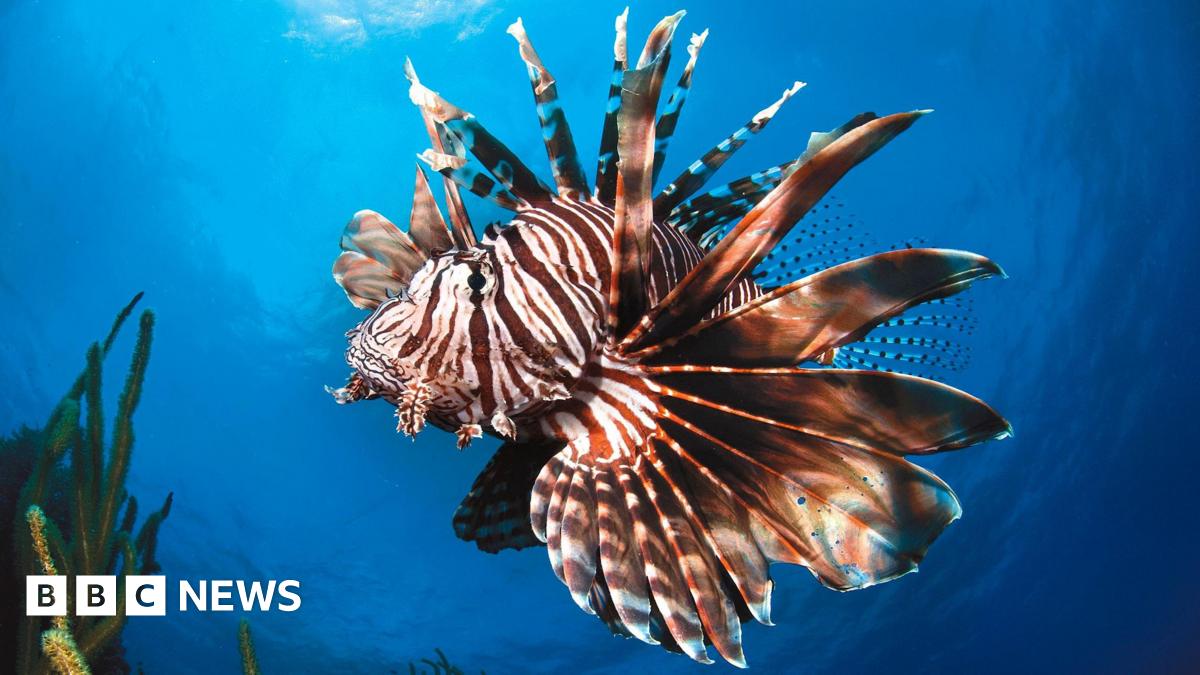The key aim was to get the High Seas Treaty ratified by 60 countries to bring it into force. The agreement was signed two years ago to put 30% of the ocean into protected areas. Fifty countries had ratified by Friday, but dozens more promised to ratify by the end of the year.
This and other progress on plastics and illegal fishing appears to have restored faith in the ability of governments to work together.
“UNOC has given us a glimmer of hope that the challenges facing our ocean are being seen and will be tackled,” said Tony Long, chief executive officer of Global Fishing Watch.
“As we edge closer to the High Seas Treaty coming into force, governments need to double down – using both transparency and new technologies – to safeguard the ocean,” he added.
Prior to the UN Oceans Conference confidence in the multilateral process for solving the world’s most pressing issues was low.
In 2024, key negotiations on biodiversity, plastics and climate collapsed or concluded with limited progress.
The aim of the meeting was not to sign a new legally-binding agreement but make progress on previous treaties.
Three years ago, countries agreed to protect 30% of land and sea by 2030 to support biodiversity.
For international waters this is hard to achieve as there is no clear controlling nation. So, in 2023 countries signed the High Seas Treaty agreeing to put 30% of these waters into marine protected areas.
Prior to the conference only 27 out of the 60 states needed to bring it into force had ratified. Over just a few days that figure jumped to 50, and a dozen more agreed to would ratify by the end of the year. The UK said it would begin the process before 2026.
This is record time for a UN agreement, explained Elizabeth Wilson, senior director for environmental policy at environmental NGO The Pews Trust.
“We have worked on many different treaties over the years and ratification often takes five years, seven years.
“So the fact the High Seas Treaty is on the cusp of it entering into force really shows the global momentum behind working to protect more of the high seas,” she said.
Major nations including the US and China have not ratified the treaty although they are signatories, indicating their intention to do so in the future.
And Russia, which has never supported it because of concerns over its impact on fisheries, said on Friday it would continue with that stance.
But US diplomats experienced in UN negotiations praised the progress.
“From progress on the High Seas Treaty to French Polynesia’s marine protected area, UNOC provided the latest proof that when we work together, real accomplishment is possible,” said John Kerry, former US Secretary of State and Climate Envoy.
